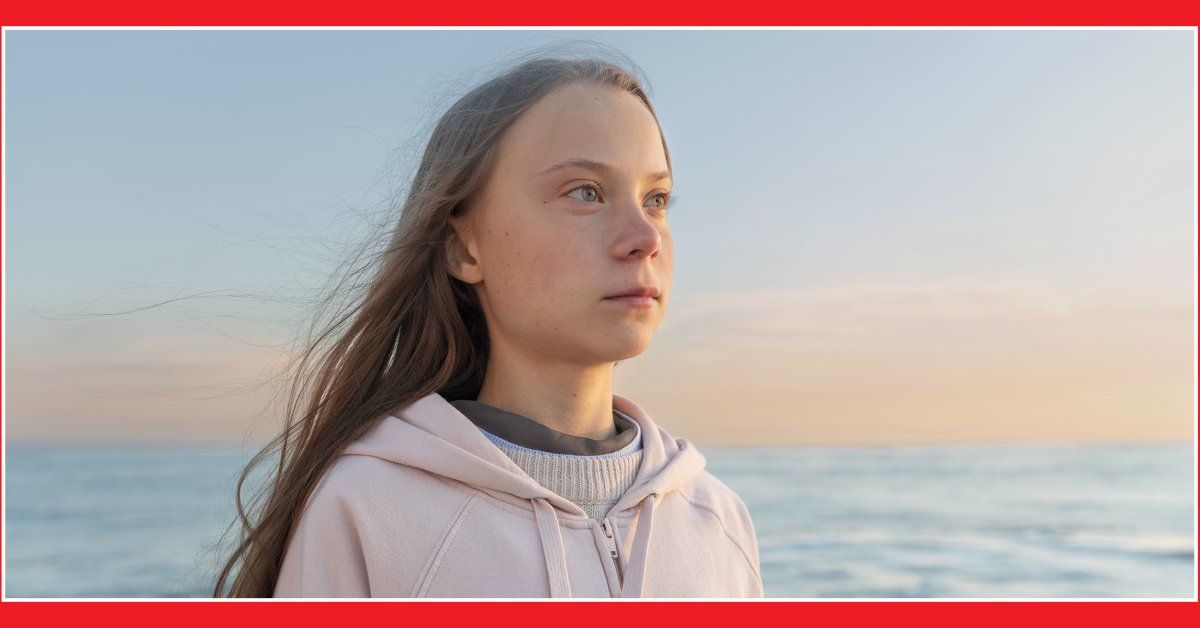Looking for unbiased, fact-based news? Join 1440 today.
Join over 4 million Americans who start their day with 1440 – your daily digest for unbiased, fact-centric news. From politics to sports, we cover it all by analyzing over 100 sources. Our concise, 5-minute read lands in your inbox each morning at no cost. Experience news without the noise; let 1440 help you make up your own mind. Sign up now and invite your friends and family to be part of the informed.
In addition to being my Amaranthine Arcadia, April is also Autism Acceptance Month, Parkinson’s Awareness Month, and houses Earth Day (April 22nd).
Autism is a spectrum. Each brain is different, with different capabilities, strengths, weaknesses — that’s why it’s called neurodiversity. As Temple Grandin said,
The world needs all kinds of minds.”
Temple Grandin, especially in her book The Autistic Brain: Thinking Across the Spectrum, passionately shares her belief that nurturing the unique strengths of neurodivergent individuals can lead to valuable contributions to society. Case in point: Greta Thunberg, Time Magazine’s 2019 Person of the Year at age 16.
One of my recent interviews for Authority Magazine was with the incredible Navi Hughes about her experience navigating family life with a child who has autism:
Parkinson’s Disease is also something to do with the brain; however, Parkinson’s Disease is a disease (which autism is absolutely not) and it is progressive, like a downward staircase, as my father’s doctor explained to me. You may be status quo for a little while on a landing, then you go down a few flights of stairs, which you ain’t coming back up. That will keep happening, that sequence, until you reach your bottom of your particular staircase. No exit.
Parkinson’s disease can have a genetic component; however, having one of the genetic mutations doesn’t mean you will get it, as environmental and lifestyle factors also play major roles. One of the most important ways to reduce overall risk is to eat a brain-healthy diet, rich in polyphenols:

courtesy of neuroreserve.com
Polyphenols are powerful antioxidants that can:
My father has Parkinson’s, but he also has Vascular Dementia as well as Aphasia due to a series of strokes. Here is something I wrote in 2022:
A Washington Post article published on March 4 and written by Tanya Ward Goodman details how fiction and, mostly, poetry can help caregivers and families process their experience of a loved one who has dementia or Alzheimer’s.
I thought, well, obviously this is right, but is it only right in the kindergarten classroom way in which ‘reading is fundamental?’ As it turns out, no: it’s right in a way that asks much more of you, that asks you to be comfortable with being uncomfortable. Goodman draws a parallel between the spaces, fragments and unanswered questions of poetry and the spaces, fragments and unanswered questions of interacting with your loved one’s dementia. It’s okay that it doesn’t quite make sense. In fact, there may be more freedom there to allow spontaneous deep connection and unrestricted exploration. When identity is not a solid construct in your household, the impressions and symbols of poetry can mirror that, and provide comfort.
Fiction writer Aimee Bender’s short story “The Rememberer” helped me begin to frame the complexity of my own emotional response to Dad’s illness. The narrator relates the de-evolution of her partner as he goes from man, to ape and eventually becomes a salamander. On the first day of his transformation, the narrator and the ape sit on the lawn together, ripping up the grass. Recognizing her lover in this creature, she mourns her loss while simultaneously meeting this new version where he is.
Bender, along with other magical realists and speculative writers, merges the surreal with the commonplace, asking the reader to exist in a state of ambiguity that will be familiar to those who have some experience with Alzheimer’s or dementia. Poetry, with its reliance on metaphor and imagery, often does the same thing.
Living in ambiguity. Meeting your loved one where they are. Saying ‘yes, and’ to their present, which becomes your present. Fragmented. Surreal. Finding a way to communicate when words cannot be relied upon. Trying to discern if it is a priority to be the detective and use context clues and offer potential solutions in order to discover your loved one’s intent or if it’s better to divert. Constantly governing the expectations of the self: will this be a reality I’m familiar with or will I encounter the ape on the lawn? Will I be me today, or an annoying stranger?
Music is proven to be therapeutic for people with dementia and Alzheimer’s, including being something that can remind a patient of their childhood, their first love, their God. My father always loved music, but really loved Bob Dylan. He’d quote lyrics to me as if they were from the gospel. ‘When you ain’t got nothin’, / you got nothin’ to lose.’ Or, ‘Strap yourself to a tree with roots / you ain’t goin’ nowhere.’ It made sense to me. The fact that these lyrics didn’t completely make sense to me, is exactly what made sense to me. My father took long, pregnant pauses, strategically placed to ensure the listener was hanging on every word. It worked. He spoke slowly and deliberately. He used gorgeous, complex vocabulary. But, in moments in which a deep, meaningful feeling is what he meant to evoke, that is when he used Bob Dylan poetry. In the moment of most height, he used language most basic. Simple. Meaning nothing much and at the same time meaning everything. He would ask,
What’s the shortest verse in the bible?
Then:
Jesus Wept.
And then, in his most southern of dialects:
…He sure did.
I didn’t know what it meant, but it meant everything. Being in my father’s presence was always a bizarre dance in a weird city, where I tried to extract a sense of identity from his eyes. Daughter. Child. Audience. Who am I? Nothing was easy and nothing was prescribed. No expectations allowed. I’ve always been in a poem full of metaphors and magical realism with my dad. I’ve never had sure footing. I’ve never known whether I would be me or an annoying stranger (while in college, I surprised him at his office on his birthday one year. He responded with, ‘I don’t like surprises’).
If you are still reading this, you’re wonderful.
beehiiv is by far the best newsletter platform built for growth that I have ever worked with. You seriously want to give it a try, even if you think you like a different platform. Get a 30-day free trial plus 20% off for 3 months.






